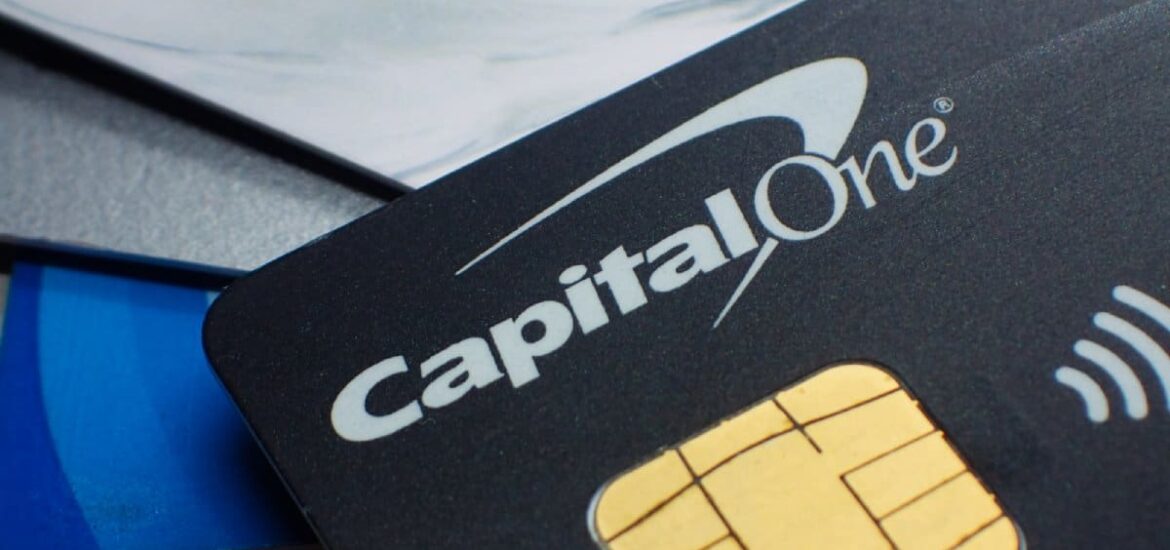Capital One’s acquisition of Discover Financial Services for $35.3 billion marks a strategic expansion in the credit card market, aiming to enhance competitiveness and diversify revenue streams. The merger, pending regulatory approval, raises questions about customer impact, antitrust concerns, and the future of financial services consolidation.
A Big Deal

Capital One has announced its plan to acquire Discover Financial Services in a deal valued at $35.3 billion, aiming to consolidate its position in the competitive credit card sector.
Discover Terms

Under the deal’s terms, Discover shareholders will receive a 27% premium on their shares when the deal concludes.
The Divide

Following the acquisition’s completion, anticipated between late 2024 and early 2025, Capital One shareholders will control 60% of the new entity, with Discover shareholders owning the remaining 40%.
Combining Major Players

The merger aims to combine one of the largest issuers of Visa and Mastercard credit cards with Discover’s extensive cardholder network, enhancing Capital One’s market position when compared to other credit card companies.
Competing with the Competition

Richard Fairbank, CEO of Capital One, highlighted the merger’s potential to create a formidable payments network to challenge the industry’s biggest players.
He said the deal will “build a payments network that can compete with the largest payments networks and payments companies.”
A Substantial Boost

Discover’s market valuation of nearly $28 billion, though smaller than Visa, Mastercard, and American Express, represents a valuable asset for Capital One, providing a substantial boost against competitors.
New Streams of Revenue

The acquisition will ultimately allow Capital One to diversify its revenue through new streams, such as merchant fees from Discover’s payment processing network.
Potential Changes
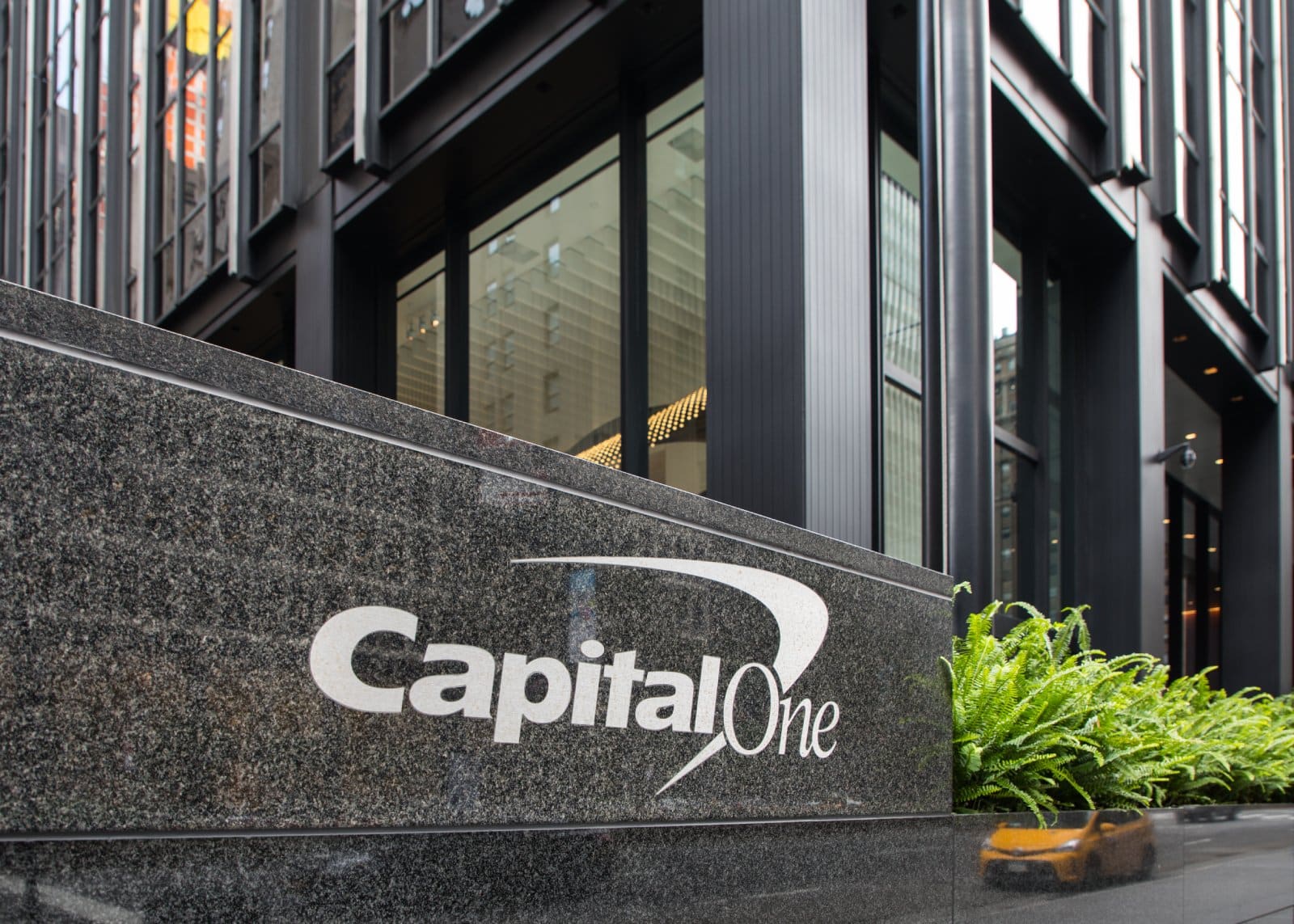
Capital One plans to maintain Discover’s branded credit cards, yet the future of Discover’s banking products remains uncertain, indicating potential changes in product offerings post-merger.
No Immediate Changes

Customers from Discover and Capital One are advised not to expect immediate changes until the deal receives regulatory approval, signaling a period of stability in the short term.
Potential Benefits

The merger’s impact on savings and checking accounts highlights potential benefits, such as the introduction of Discover’s competitive money market accounts to Capital One’s product lineup.
These changes could offer customers enhanced options for savings with high APYs and minimal fees alongside an expanded range of CD terms.
Customer Concerns

However, the differences in customer service quality between the two companies pose a concern.
Discover is well known for superior customer service, which has led some to raise questions about the future of customer satisfaction ratings post-merger.
Increasing Consumer Costs

Consumer advocates and critics have expressed apprehension regarding the merger’s potential to increase consumer costs through higher interest rates and fees.
Regulatory Concerns

There has also been opposition from the National Community Reinvestment Coalition and Senate Democrats, underscoring the merger’s potential regulatory challenges and the broader concerns about its impact on the financial services landscape.
Increased Scrutiny
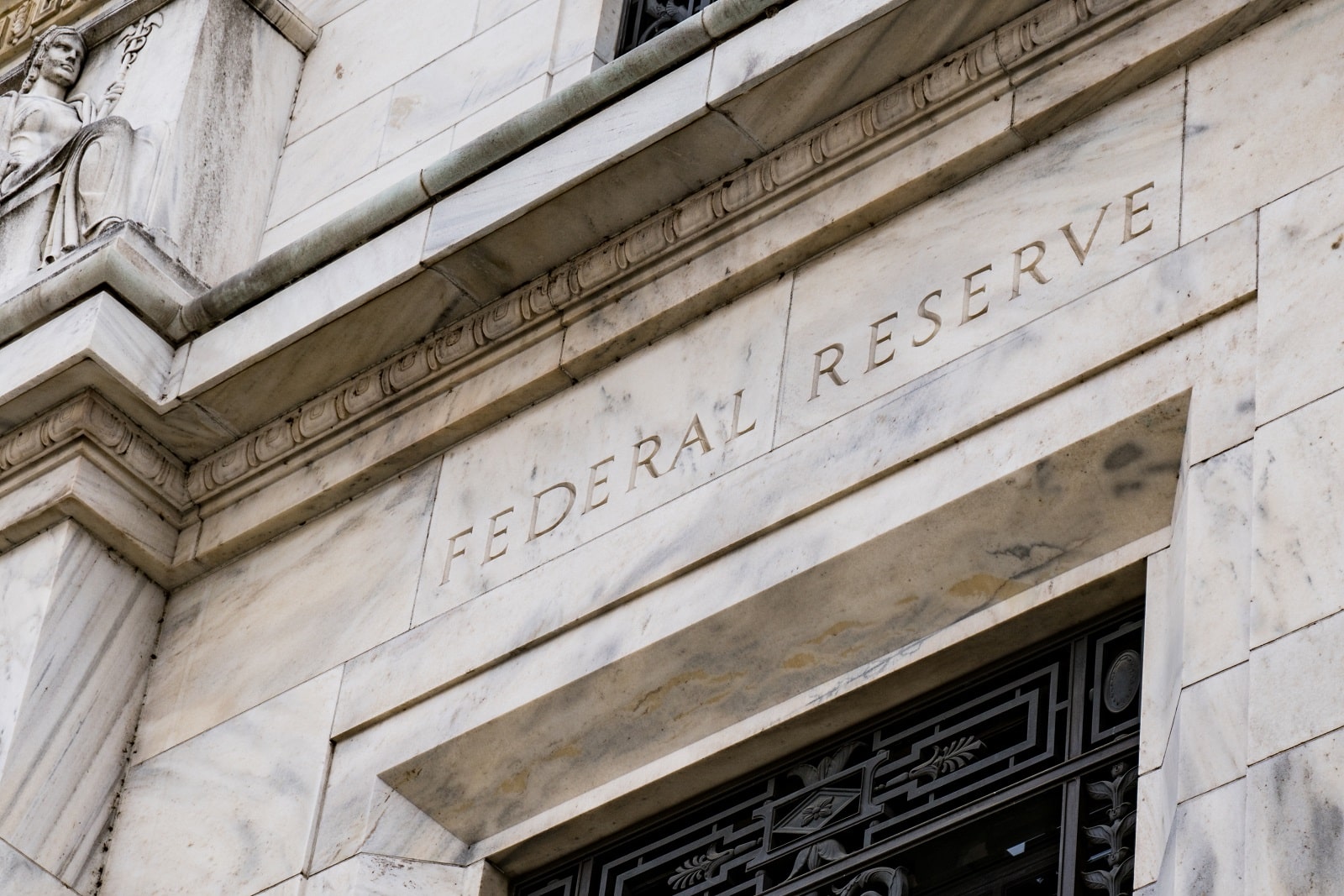
Regulatory hurdles for the merger include increased scrutiny from the Office of the Comptroller of the Currency and the Federal Reserve following recent proposals to expand criteria for reviewing mergers.
Past Fines for Capital One

This scrutiny is partly due to Capital One’s past regulatory fines for risk assessment and anti-money-laundering program deficiencies, which could influence the deal’s approval process.
Discover’s Scandal

Discover’s recent management turmoil, including the resignation of CEO Roger Hochschild over credit card account misclassifications, also adds complexity to the merger’s prospects since neither company has been left free from scandal.
Biden’s New 401(k) Rule: Employers Frustrated as Retirement Planning Responsibilities Shift
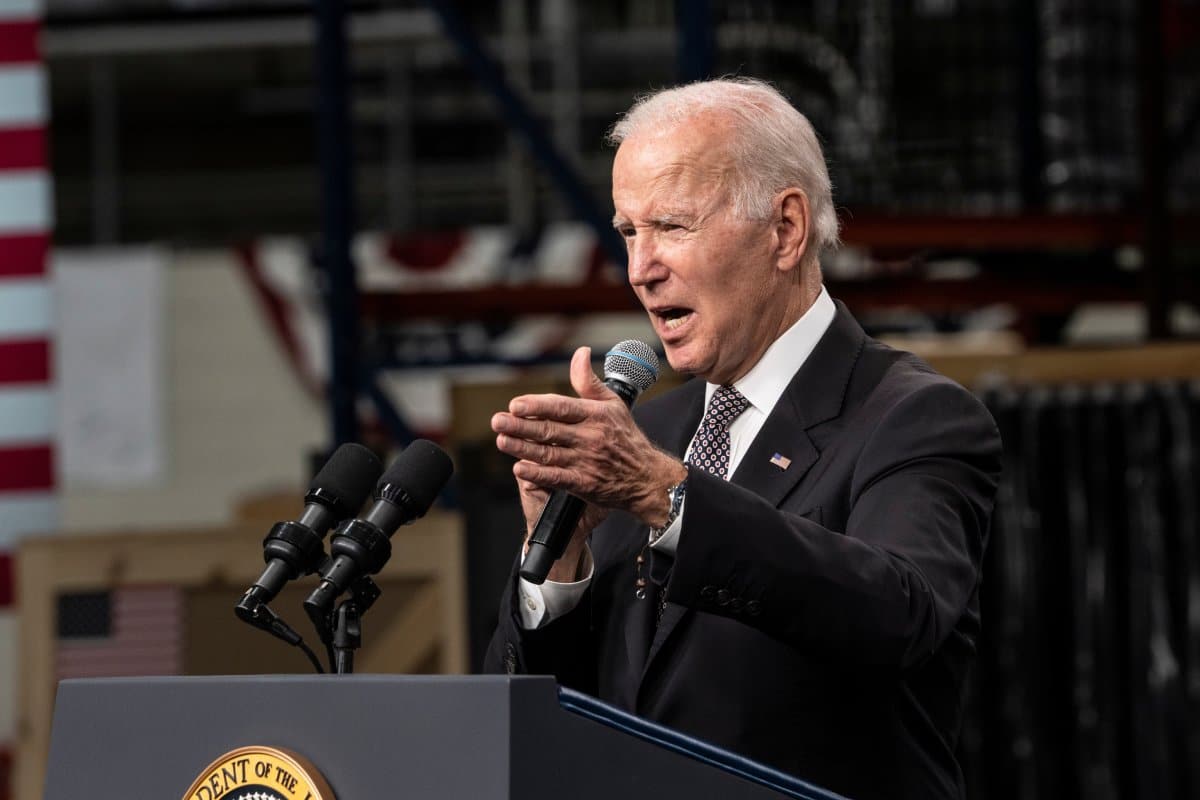
The latest Biden administration rule on 401(k) plans is reshaping how employers manage retirement plans. It’s a complex scenario requiring a fresh understanding of fiduciary duties and provider relationships. This rule aims to protect employees but also imposes new responsibilities on employers. Biden’s New 401(k) Rule: Employers Frustrated as Retirement Planning Responsibilities Shift
Elon Musk: New Immigration Bill ‘Enables Illegals to Vote’

Elon Musk is calling for prosecutions after the text for a new senate bill on immigration was released. Musk accused the new bill of “enabling illegals to vote.” Elon Musk: New Immigration Bill ‘Enables Illegals to Vote’
Colorado Officials Reject Sanctuary City Status, Warn Against ‘Dangerous Game’

With increasing numbers of migrants arriving in Colorado, public officials have rejected any notion of the state becoming a sanctuary for migrants and asylum seekers. Colorado Officials Reject Sanctuary City Status, Warn Against ‘Dangerous Game’
Disney Challenges DeSantis’ “Don’t Say Gay” Rule With a Hefty Lawsuit

Disney is set to appeal its refusal for a lawsuit against Ron DeSantis, who stripped the company of its rights for disagreeing with the Governor’s views on the teaching of sexual orientation in classrooms. Disney Challenges DeSantis’ “Don’t Say Gay” Rule With a Hefty Lawsuit
Trump on the Attack as 21 Million Americans Flock to Obamacare, Biden Pushes Forward
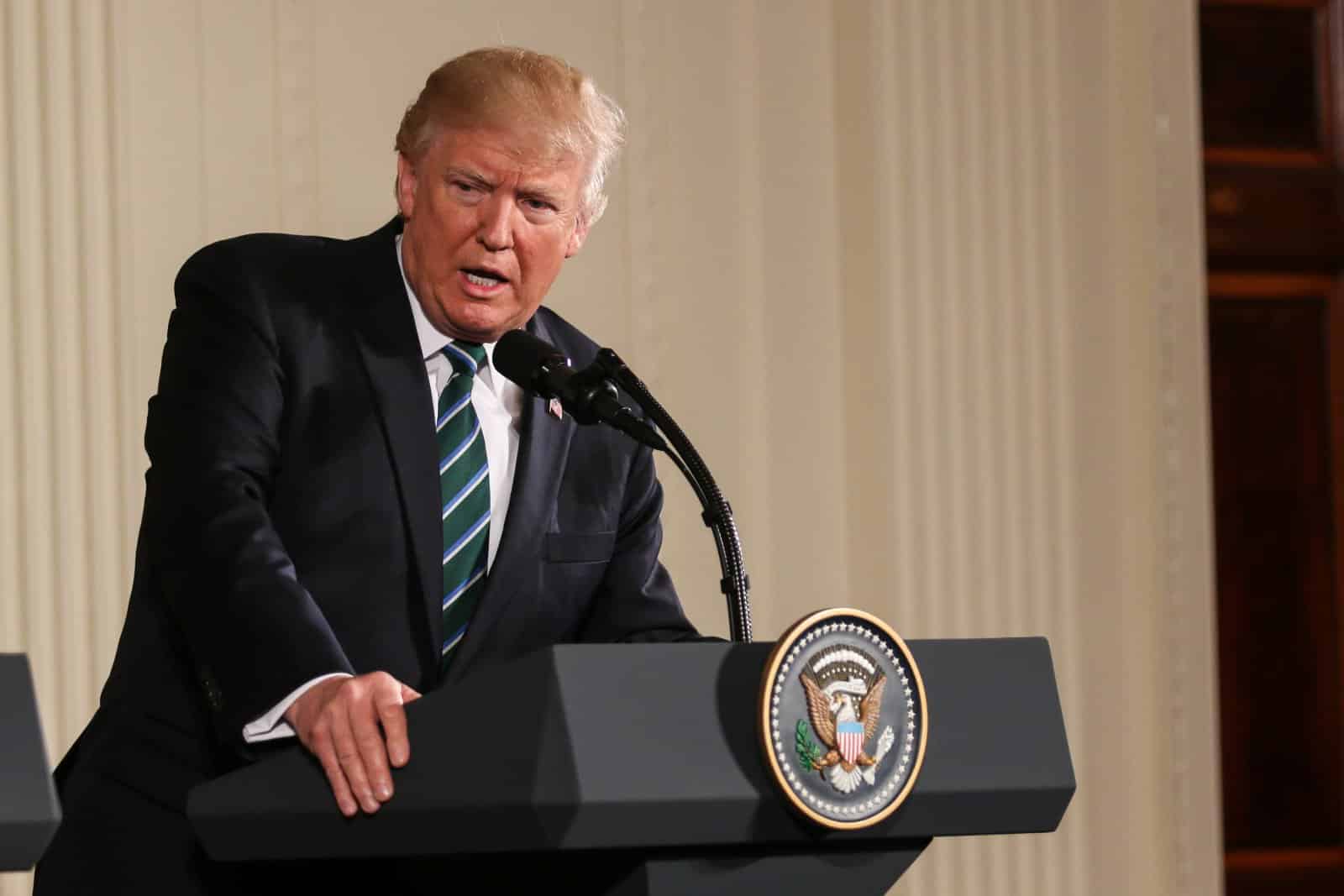
An unprecedented surge in health plan enrollments has reignited former President Donald Trump’s commitment to dismantling the program should he secure the GOP nomination once again. Trump on the Attack as 21 Million Americans Flock to Obamacare, Biden Pushes Forward
The post How Will Capital One Buying Discover Card for $35.3 Billion Affect You? first appeared on From Frugal to Free.
Featured Image Credit: Shutterstock / David Cardinez.
The content of this article is for informational purposes only and does not constitute or replace professional financial advice.
